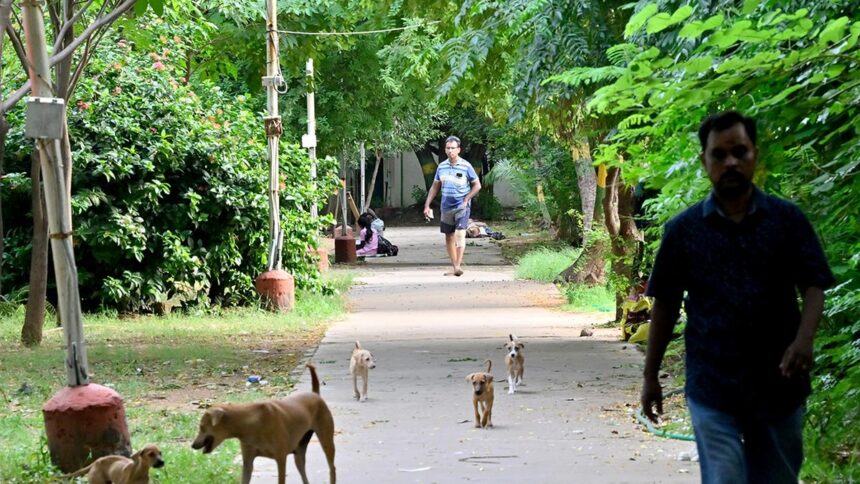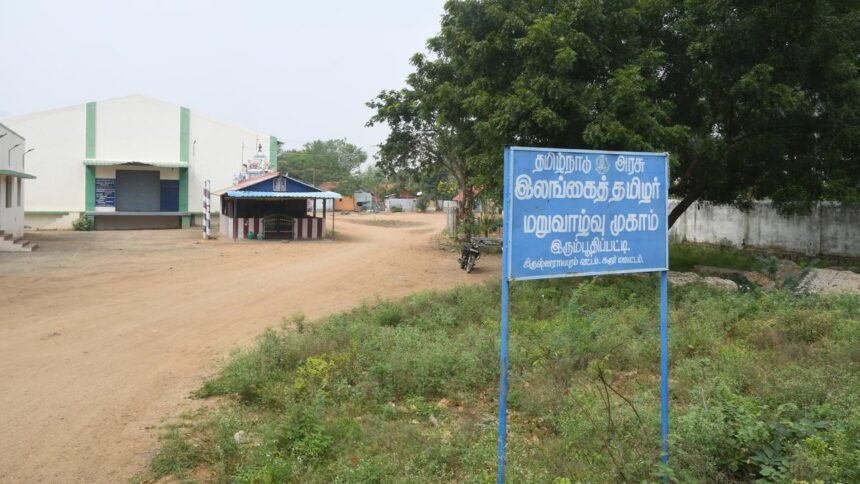
The Supreme Court has directed parties to issue instructions
to their respective Booth Level Agents to assist voters. File
| Photo Credit: The Hindu
Bihar voters challenging the deletion of their names from the draft electoral rolls by submitting Aadhaar cards in the absence of any of the 11 indicative documents as directed by the Supreme Court will get a mandatory hearing with the Electoral Registration Officer (ERO).
A senior Election Commission of India (ECI) official told The Hindu that the ERO will take a call on their inclusion or exclusion from the final list.
Also read: ECI makes public names of 65 lakh people deleted from Bihar voter list during SIR
The draft rolls published on August 1 have excluded 65 lakh people who were present in the July 2025 voter lists, citing deaths, migration and duplications, among other reasons. The Supreme Court had last week directed political parties to issue specific instructions to their respective Booth Level Agents (BLAs) to assist voters in their areas as well as relief camps in submitting “the requisite forms along with any of the 11 documents mentioned in SIR Notification or Aadhaar Card”.
As per the Special Intensive Revision (SIR) order issued on June 24, the ERO has powers of scrutinising all claims, conducting suo motu inquiry, and issuing notices to any elector.
Speaking order
The ECI official said that in case a person is excluded from the list, the ERO will issue a “speaking order” stating the reasons for the same.
A speaking order is one where the authority explicitly states the reasons behind its decision, linking it to evidence, facts, and applicable laws. This ensures that the decision is not arbitrary and reflects sound reasoning.
On Sunday (August 24, 2025), BJP leader Amit Malviya asserted that the apex court did not say Aadhaar alone can be a valid document to get voting rights. “Aadhaar is only proof of identity and residence, and it does not establish citizenship,” Mr. Malviya said, adding that nowhere in the judgment did the Supreme Court even suggest that it should be used as a valid document for the Special Intensive Revision (SIR)”. The Aadhaar Act says it is only proof of identity and residence and does not establish citizenship, he added.
Citizenship question
The Union Home Ministry last week, while responding to a question in Parliament, did not specify the “categories of valid documents” required for people to prove citizenship in India. It said that citizenship is governed by the Citizenship Act, 1955 and its rules.
Without specifying the admissible documents, Minister of State for Home Nityanand Rai said that citizenship “can be acquired by birth (Section 3), by descent (Section 4), by registration (Section 5), by naturalisation (Section 6) or by incorporation of territory (Section 7) of the Citizenship Act, 1955. The eligibility criteria for acquisition and determination of citizenship is as per the provisions of the Citizenship Act, 1955 and rules made thereunder.”
Published – August 25, 2025 10:14 pm IST




















